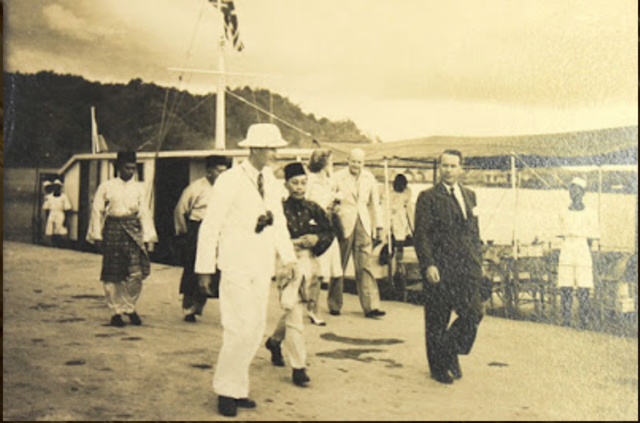In 1939, the British government issued the White Paper, capping Jewish immigration to Palestine at the height of Nazi persecution. While some today claim Zionism was a colonial outpost of the British Empire, the White Paper tells another story: the Jews were not partners of empire but victims of its political expedience. This document marked Britain’s abandonment of the Balfour Declaration and exposed the fallacy of a supposed British-Zionist colonial alliance.
1. Introduction: A Convenient Myth
Modern anti-Zionist rhetoric often frames the Zionist movement as a colonial extension of British imperialism. This narrative depends on portraying Jews not as a displaced, persecuted people, but as collaborators in imperial conquest. The 1939 White Paper, however, offers overwhelming evidence to the contrary. It didn’t empower the Jewish people—it confined them. It didn’t offer partnership—it offered quotas. And it did so as millions faced annihilation in Europe.
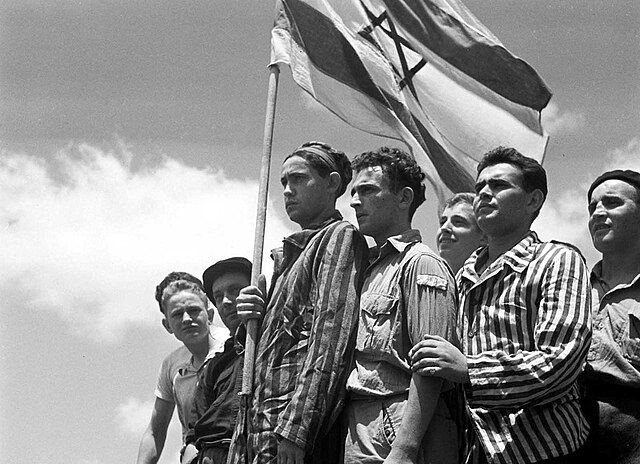
2. From Balfour to Betrayal
The 1917 Balfour Declaration promised support for a “national home for the Jewish people” in Palestine, while pledging not to prejudice “the civil and religious rights of existing non-Jewish communities.” This ambiguous language became the foundation for decades of contradiction. While Jews saw it as a promise, Arab leaders saw it as betrayal. Britain tried to manage both expectations, but the result was a long trail of broken commitments. The White Paper of 1939 was the culmination of that pattern—a final, devastating blow to Jewish hopes.
Sources:
- Cmd. 6019, British Government White Paper, 1939
- Michael J. Cohen, Britain’s Moment in Palestine (2014)
- Tom Segev, One Palestine, Complete (2000)
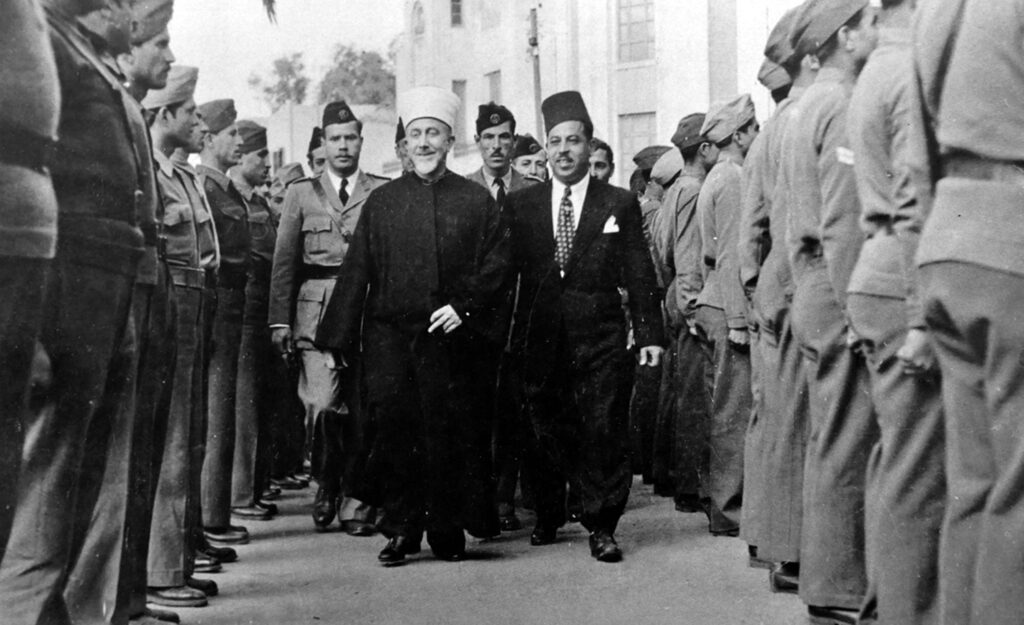
3. What the White Paper Said
Drafted under Colonial Secretary Malcolm MacDonald, the 1939 White Paper:
- Restricted Jewish immigration to 75,000 over five years.
- Prohibited land sales to Jews in most of Palestine.
- Promised independence within ten years—under Arab majority rule.
This was not a collaborative plan with Zionists. It was a concession to Arab pressure and a political move to preserve Britain’s influence in the Arab world on the eve of WWII.
Sources:
- Cmd. 6019 (full text)
- British Parliamentary Debates, May 1939
4. The Timing: Doors Closed As Hitler Rose
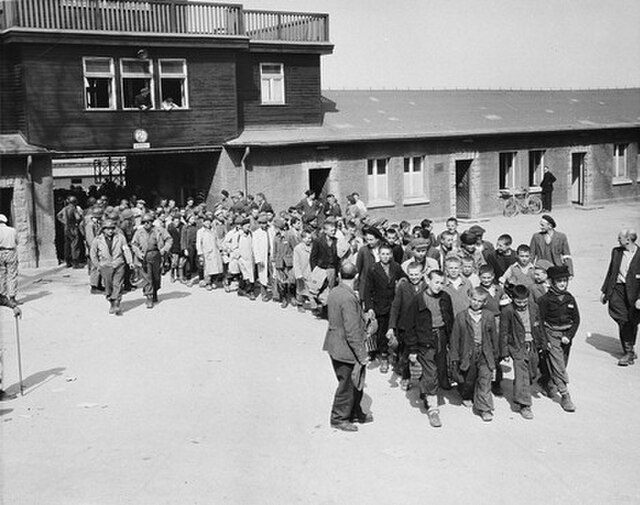
The policy came just months after Kristallnacht, as Hitler’s plan for extermination accelerated. With Nazi Germany poised to overrun Europe, Jews desperately sought refuge. Instead, the gates of Palestine were slammed shut. Refugee ships were turned away. Some survivors were sent to internment camps. Others were returned to Europe.
Key Events:
- SS Patria explosion (1940)
- Struma disaster (1942)
- Detention camps in Cyprus
Sources:
- Martin Gilbert, Auschwitz and the Allies (1981)
- Yehuda Bauer, Flight and Rescue (1970)
5. Arab Response: Total Rejection, Not Compromise
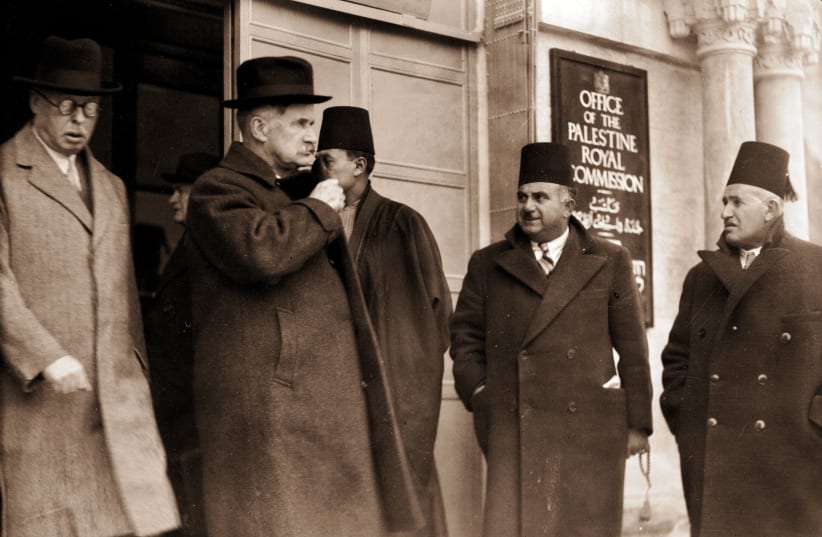
Zionist leaders condemned the White Paper. David Ben-Gurion declared: “We shall fight the war against Hitler as if there were no White Paper, and the White Paper as if there were no war.”
Meanwhile, Arab leaders, including Haj Amin al-Husseini, rejected the plan outright. The problem, for them, was not that it limited Jews—but that it allowed any Jewish national presence at all.
Sources:
- Palestine Post, June 1939 archives
- Peel Commission report (1937)
- Benny Morris, Righteous Victims (1999)
6. What This Reveals: Not a Colonial Alliance

No true colonial partner is denied entry, caged in quotas, or turned back at sea. The Jews of Europe were not agents of empire. They were refugees abandoned by it.
The 1939 White Paper:
- Marked Britain’s alignment with Arab nationalist demands.
- Abandoned its earlier commitments to Zionism.
- Proved that the Jewish national project had to fight against British policies, not alongside them.
Conclusion: The White Paper was not just a policy document; it was a turning point. It exposes the modern lie that Jews and Britain pursued a shared colonial venture in Palestine. When survival was on the line, Britain did not side with its alleged “colonial proxy.” It turned its back.
Image Credits:
- Malcolm MacDonald in Brunei (1947), Wikimedia Commons
- Holocaust survivors arriving in Palestine, Wikimedia Commons
- Haj Amin al-Husseini leaves Palestine Royal Commission, Wikimedia Commons
- Zionist Congress debates Peel Partition Plan (1937), Wikimedia Commons
- Jewish protests against the 1939 White Paper, Wikimedia Commons
- Jewish survivors of Buchenwald on refugee ship (1945), Wikimedia Commons

